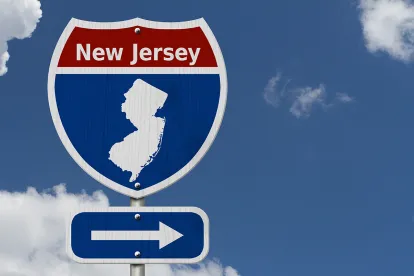Almost three years ago – in January of 2020 – New Jersey Governor Phil Murphy signed Senate Bill 3170 into law, which provided significant amendments to the Millville Dallas Airmotive Plant Job Loss Notification Act – also known as the New Jersey WARN Act. The amendments were originally scheduled to take effect on July 19, 2020. However, COVID-19 delayed implementation of the amendments to 90 days after the termination of Executive Order (EO) 103 (the Governor’s Declaration of a State of Emergency in New Jersey due to COVID-19). Because EO 103 is still in effect, New Jersey lawmakers introduced a bill to change the effective date of the New Jersey WARN Act amendments such that they are no longer tied to EO 103. That bill was passed by the state legislature on December 19, 2022 and will now go to Governor Murphy for his signature. Under the legislation, the amendments to the New Jersey WARN Act would go into effect 90 days after the enactment of the new law.
The amendments to the New Jersey WARN Act include the following significant changes:
-
Employers with 100 or more employees (regardless of seniority or hours worked) located anywhere in the United States, (as long as the employer has operated in New Jersey for more than three years) would be covered. Currently the New Jersey WARN Act applies only to employers with 100 or more full-time employees.
-
Increase the amount of notice that must be given from 60 days (the length of time required under the federal WARN Act) to 90 days.
-
Notice for a mass layoff would be triggered by the termination of employment at an establishment during any 30-day period for 50 or more of the employees (regardless of whether such employees are full- or part-time) at or reporting tothe establishment. Currently, notice is triggered for employment losses within any 30-day period for 500 or more full-time employees or for 50 or more of the full-time employees representing one third or more of the full-time employees at the establishment.
-
Expanded the definition of an “establishment” to a place of employment which has been operated by an employer for a period of longer than three years, but shall not include a temporary construction site. “Establishment” may be a single location or a group of locations, including any facilities within the state, regardless of how far apart such locations are. Under the current law, an “establishment” is a single location or a group of contiguous locations.
-
Employers would be required to pay all employees affected by the notice-triggering event severance pay equal to one week for each year of service even when the full 90 days’ notice is given. Additionally, in cases where the full 90 days’ notice is not provided, employers would have to provide four additional weeks of severance pay. The current version of the Act requires employers to pay severance only to full-time employees affected by the notice-triggering event and only where 60 days’ notice is not given.
-
A waiver to severance pay will not be effective without approval of the waiver by the commissioner or a court of common jurisdiction. This means that employers seeking a release of employees’ claims to severance pursuant to the New Jersey WARN Act will need to rethink their practice.
While it is not yet clear exactly when these amendments will go into effect, employers should be prepared to act quickly to implement these significant changes given that the bill is now waiting only for the Governor’s signature to become law. The Proskauer team is monitoring any developments and will continue to provide updates as they become available.





 />i
/>i
